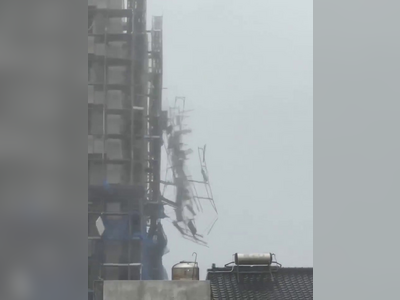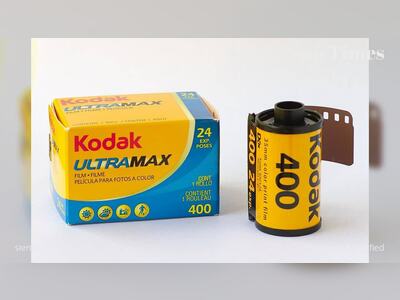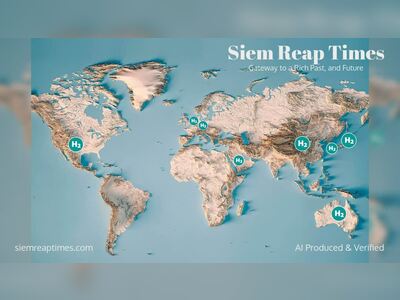World’s Cleanest Countries 2025 Ranked by Air, Water, Waste, and Hygiene Standards
A global assessment of environmental and public health indicators for 2025 has ranked Iceland as the cleanest country in the world, followed by Switzerland and New Zealand. The ranking is based on four weighted categories: air quality (30%), water quality (25%), waste management (25%), and sanitation/hygiene (20%). Scores for each indicator were normalised on a zero to one hundred scale before being combined into an overall “Clean Score,” with lower scores indicating higher cleanliness.
No. 10 – Singapore Overall Clean Score: 6.2. Singapore maintains strict Euro VI emissions standards, invests in desalination and recycled water systems, and operates four waste-to-energy plants. Urban waste is managed through sealed bins and pneumatic conveyance systems, with fines and public naming used to deter littering.
No. 9 – Estonia Overall Clean Score: 5.9. Estonia has transitioned from heavy industry to cleaner energy, including wind power and reduced peat use. Waste-to-energy facilities operate under strict emissions controls, and a national plastic bag tax has reduced litter. GPS tracking of waste trucks prevents illegal dumping.
No. 8 – Australia Overall Clean Score: 5.7. Coastal population distribution supports clean air, with widespread solar panel adoption reducing reliance on gas. Container return schemes have increased recycling rates, and food waste is converted into biogas for transport fuel.
No. 7 – Sweden Overall Clean Score: 5.0. Hydropower provides most electricity, reducing emissions. Tap water sourced from glacial streams requires no chlorine treatment. Only 1% of waste is sent to landfill, with the rest recycled or used for district heating.
Joint No. 4 – Norway, Denmark, Finland Overall Clean Score: 4.9. Norway derives nearly all electricity from hydropower and has pioneered underground waste collection systems. Denmark generates over half its electricity from wind power and operates advanced wastewater treatment facilities. Finland’s boreal forests filter air naturally, with biomass-powered plants and strict waste management laws.
No. 3 – New Zealand Overall Clean Score: 4.6. Hydroelectric and geothermal energy sources keep emissions low. Strict nutrient management protects waterways, and national parks enforce bans on single-use plastics.
No. 2 – Switzerland Overall Clean Score: 3.9. Freight transport relies heavily on electric rail. A nationwide pay-as-you-throw waste policy encourages recycling, and wastewater plants add treatment stages to remove antibiotics.
No. 1 – Iceland Overall Clean Score: 3.6. Geothermal energy powers heating and snow removal. Tap water from volcanic springs requires no treatment, and waste is largely converted to energy using renewable sources. Sewage systems reach rural areas, maintaining clear streams for salmon habitats.










